Ghana’s national agenda often focuses on the country’s large number of young people. In fact a less noticed demographic transformation is reshaping society: the country’s older population is growing rapidly. According to Ghana Statistical Service estimates,
people aged 60 and above are projected to make up over 12% of the total population by 2050, more than doubling the 2021 estimate of 6.8%.
And more of these older adults are ageing alone.
That’s because of Ghana’s transition from extended to nuclear family systems, coupled with rural–urban and international migration. Traditionally, older Ghanaians aged within multi-generational households, with care provided by children and extended family. But today, migration patterns have intensified, with over 50% of the population living in urban areas, leaving many elders behind in rural communities or isolated in city slums.
I recently conducted a study across six Ghanaian communities (urban and rural). Drawing from 52 interviews, I explored the emotional, social and economic implications of ageing alone.
The participants in the study echoed a common theme: the erosion of intergenerational family structures, leaving the elderly socially and emotionally isolated.
As a 73-year-old widow participant who lives in a city put it:
My daughter is in Canada. My son lives in Kumasi, but he rarely visits. I live alone, and if I fall sick, I just wait. Sometimes, I pray someone will notice.
Such stories are no longer anecdotal outliers. Nationally representative data from the Ghana Living Standards Survey and WHO SAGE Ghana Wave 2 also reveal an uptick in solitary living among older adults, particularly widowed women and those without formal pensions. Over 22% of older respondents in urban Ghana reported living alone, a sharp contrast to previous decades, where co-residence with adult children was the norm. Many older Ghanaians don’t have reliable caregivers.
As a PhD candidate in population studies at the University of Ghana, I focus on health-related quality of life among older adults. This article draws from my doctoral fieldwork in urban and rural Ghana, using qualitative interviews to uncover the lived realities of ageing alone.
The study highlights a gap in Ghana’s ageing policies: they overlook solitary elders who live without daily family support.
The paper calls for integrated social protection for older adults living alone. That would include subsidised healthcare, community outreach services, emergency care networks, and community-based mental health interventions.
What old people had to say
Focus group discussions revealed that older adults struggle with emotional loneliness, financial anxiety and health system constraints. Despite the presence of pension associations, many older adults feel forgotten. Spiritual activities and reading offer moments of solace, but limited National Health Insurance Scheme coverage, rising living costs, and declining family support deepen the hardship.
Focus groups revealed that older women were particularly vulnerable due to widowhood, land insecurity and declining support from children. Men, while respected, felt idle and underutilised. Participants spoke of finding strength in farming, faith and fellowship, but felt forgotten in national development planning.
Ghana’s National Ageing Policy (2010) promises integrated care, but older adults, especially women, are slipping into the cracks of urban anonymity.
Ageing here is not just biological, it is physical, psychological and economic. My broader research affirms that the majority of older adults in Ghana worked in the informal sector. They therefore have no access to formal pensions or post-retirement income security.
Participants in my most recent research shared how they felt:
I was a seamstress all my life. Now my eyes are failing. No pension, no money. I survive on cassava and prayer. – 66-year-old retired woman
Ageing in Ghana is like walking into a forest — you disappear quietly. No one sees you. — 69-year-old woman
This statement underscores the gendered experience of ageing, where women often face greater economic and emotional vulnerability due to widowhood, longer life expectancy, and social neglect.
We are not dying yet. We want to matter again. – 70-year-old man
We have houses, but not homes anymore. – 75-year-old man
What next
The implications of this neglect are staggering. According to the World Health Organization, loneliness and social isolation among the elderly are associated with a 50% increased risk of dementia, depression and premature death. In Ghana, there are added challenges of inaccessible health facilities and cultural stigma about ageing. Yet most people aren’t talking about it.
Ghana introduced the National Ageing Policy in 2010 to promote the health, security and participation of older people in national development. But many elderly people still live without affordable healthcare, age-friendly infrastructure or a regular income.
What Ghana needs now is not another grand policy document. It needs practical, community-rooted and state-supported action.
Decentralised community geriatric care: Train district-level health volunteers in geriatric care, and equip them with basic tools to support older people in their homes.
Pension and informal sector integration: Extend Ghana’s pension framework to informal sector workers.
Public awareness campaigns: Reframe ageing in national media not as decline but as contribution, highlighting elder wisdom, resilience, and ongoing social relevance.
Urban planning for ageing: Incorporate age-friendly elements like ramps, benches, toilets and signage into development plans.
None of this is charity. It is a strategic investment. In 2021, Ghana spent less than 0.5% of its national health budget on elderly-specific care. That is fiscally short-sighted. Healthier, engaged older adults reduce family burdens, boost social capital, and can even contribute economically by training and mentoring others.
In the communities I visited, I encountered grassroots interventions worth scaling up: church youth groups providing weekly food support, pensioners’ associations checking in on members, and intergenerational community storytelling sessions that rebuild emotional bonds.
In Ghana’s Akan tradition, elders are considered living libraries. Their absence from the communal space is not just a social loss, it is a cultural erasure.
If the elderly are neglected, anyone may wake up on the wrong side of the demographic line one day, wondering if they too will be forgotten.
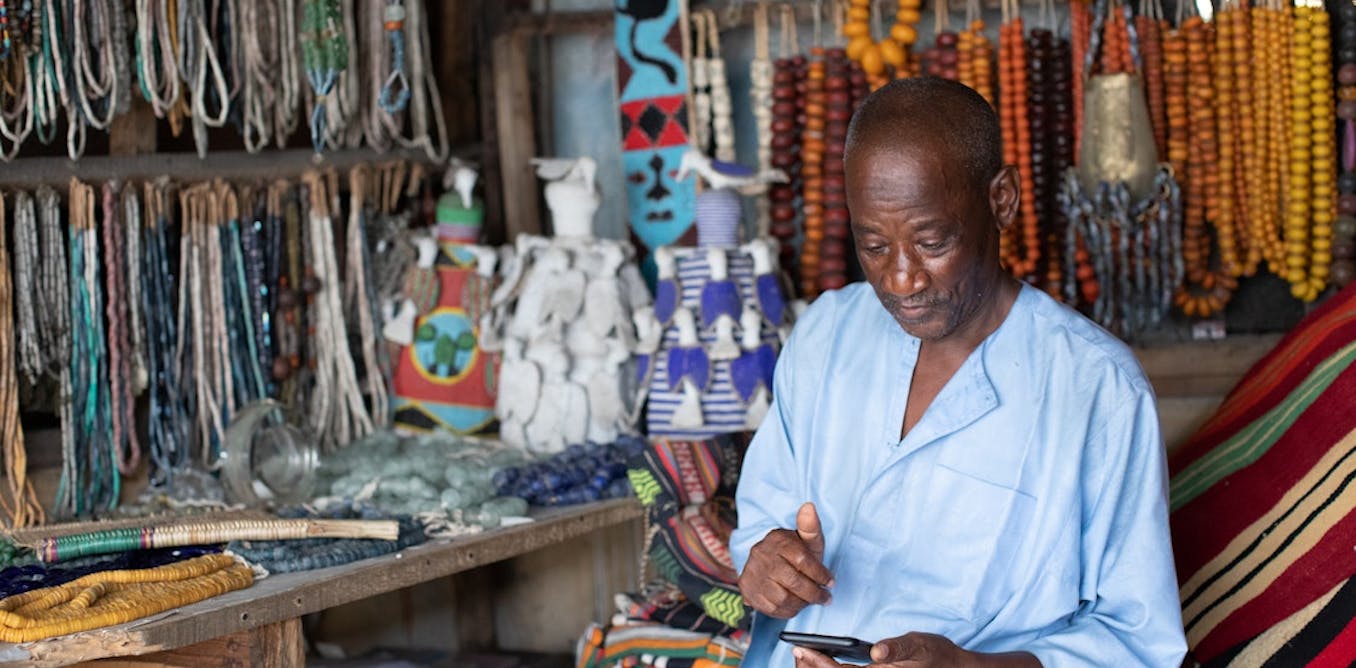
The post “how to care for them better” by Andrew Kweku Conduah, PhD Candidate, University of Ghana was published on 06/09/2025 by theconversation.com








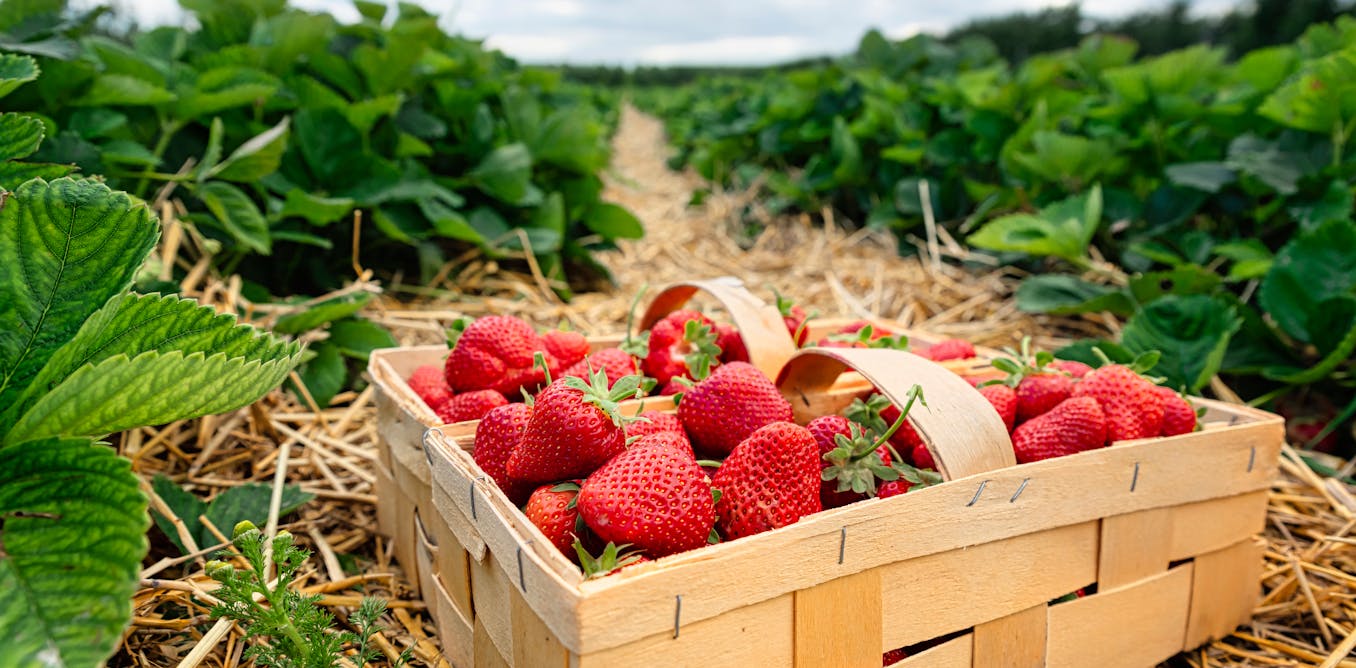
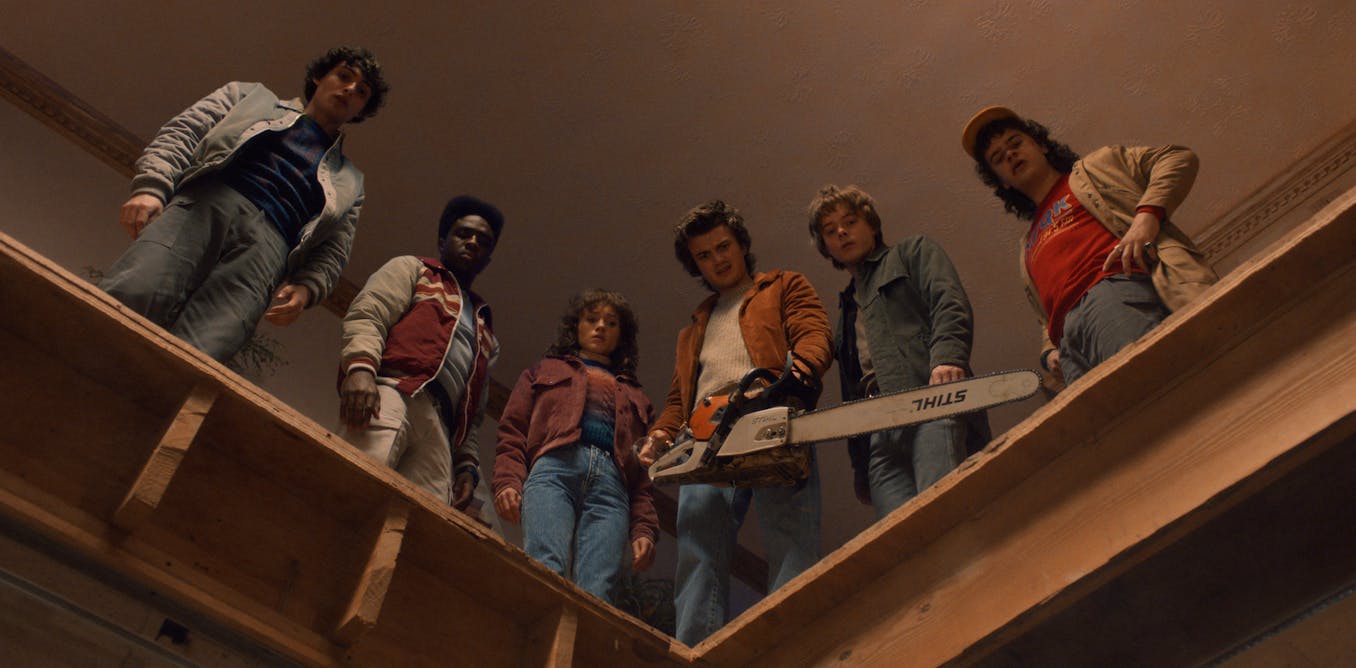

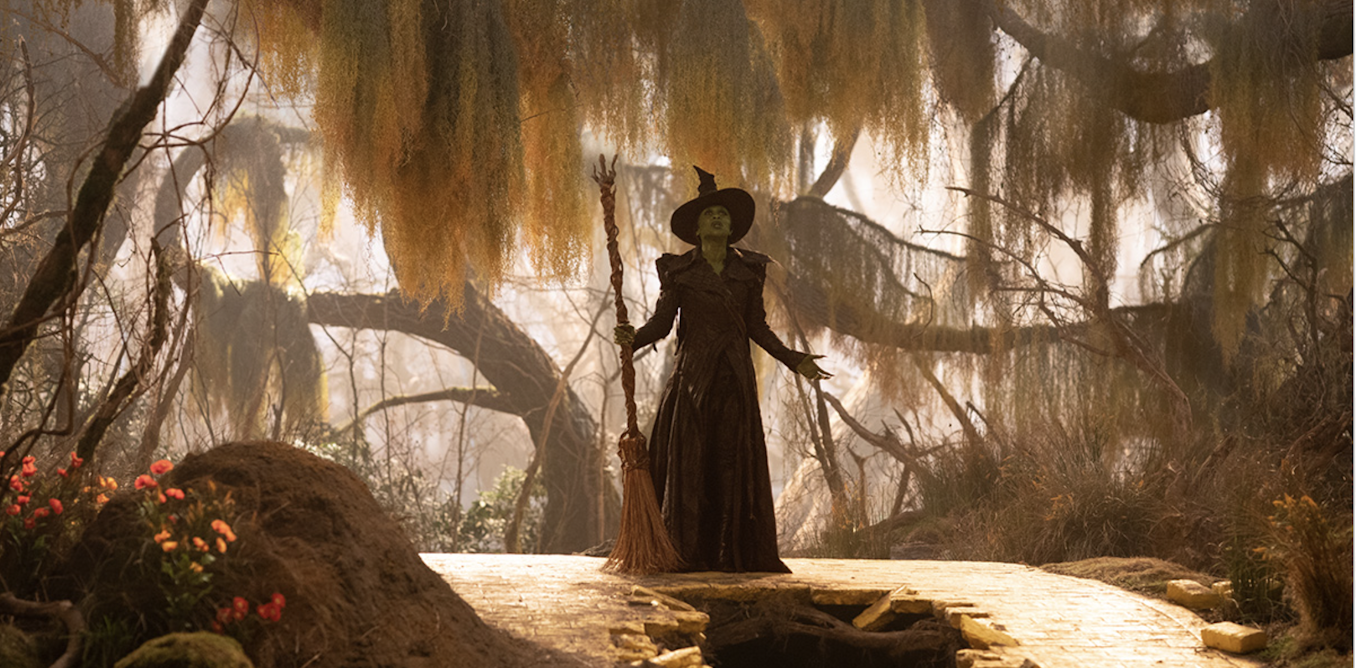
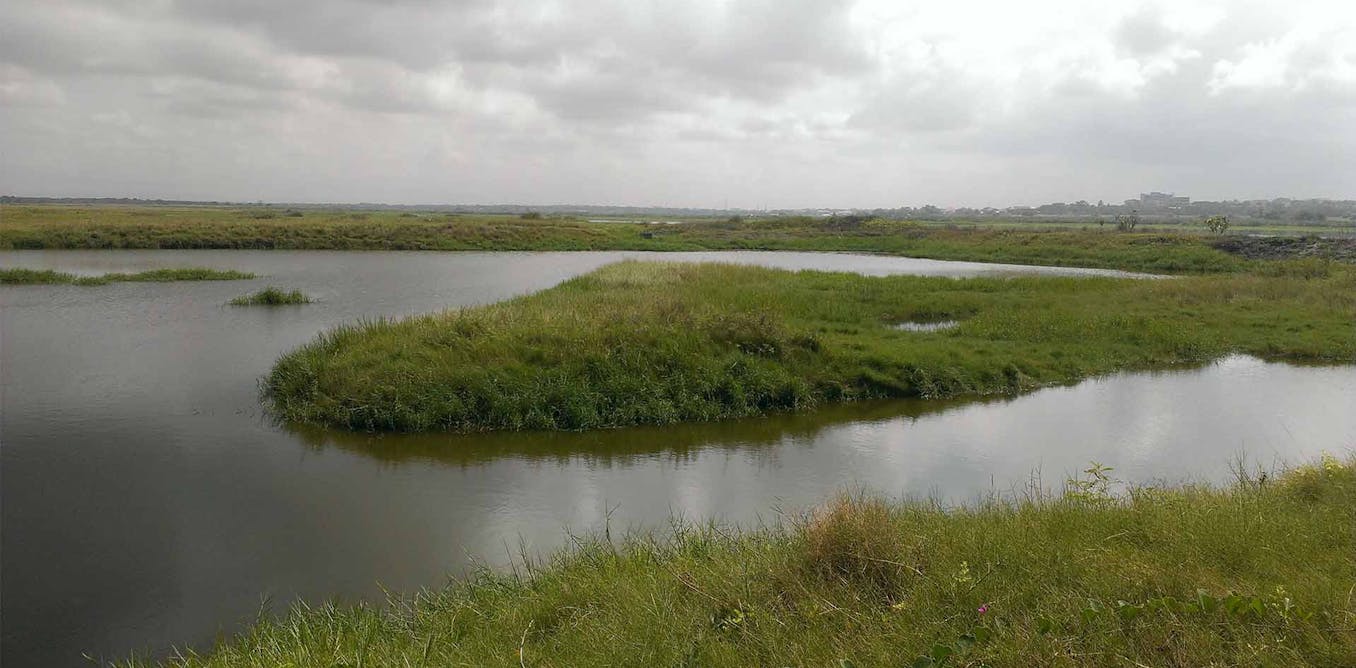
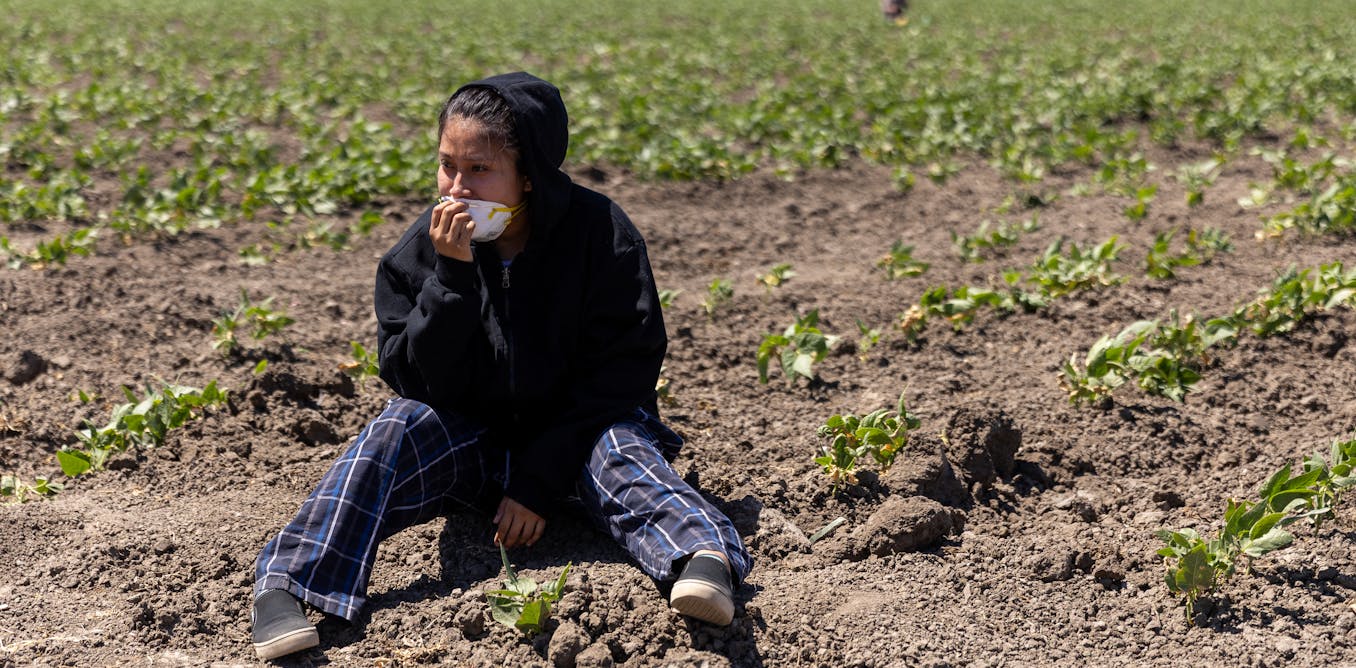















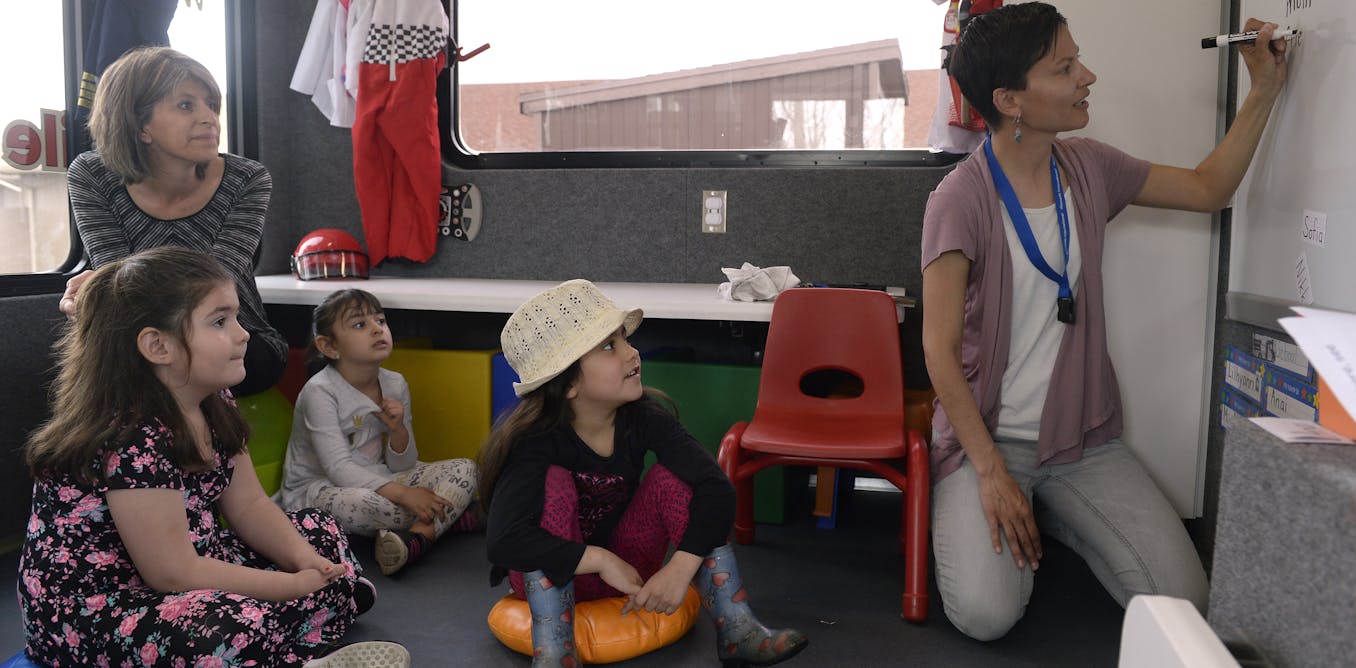

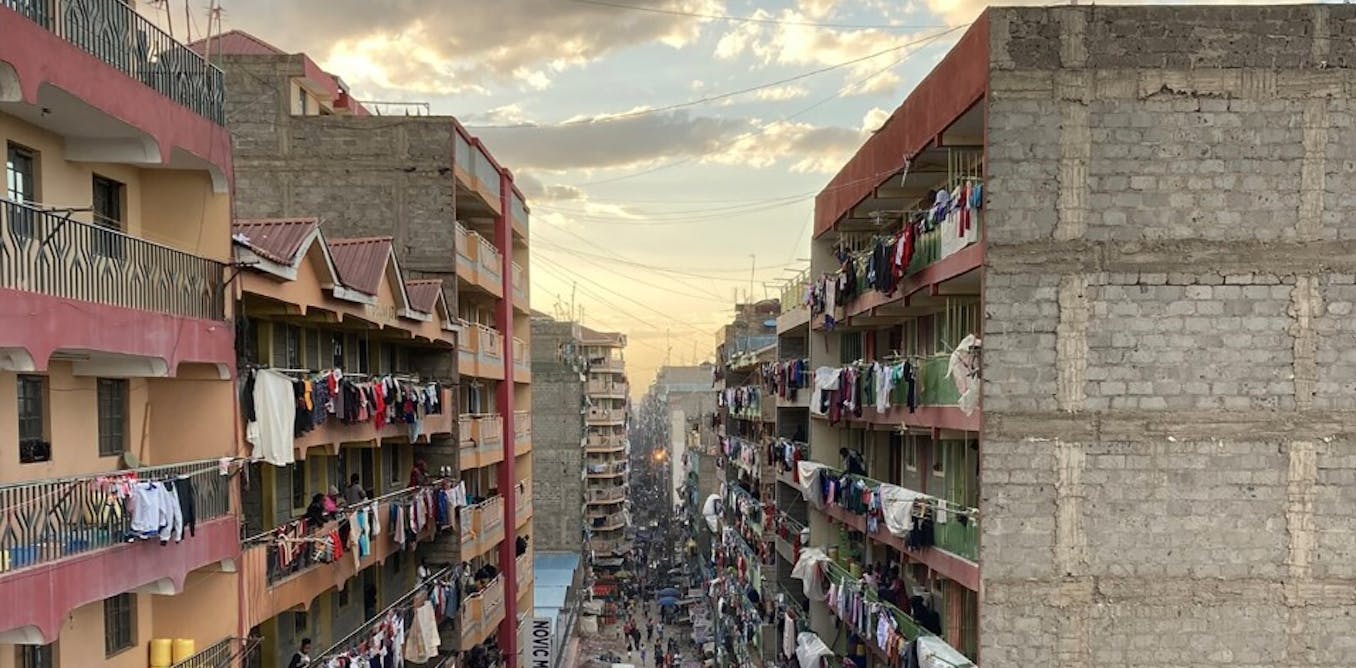
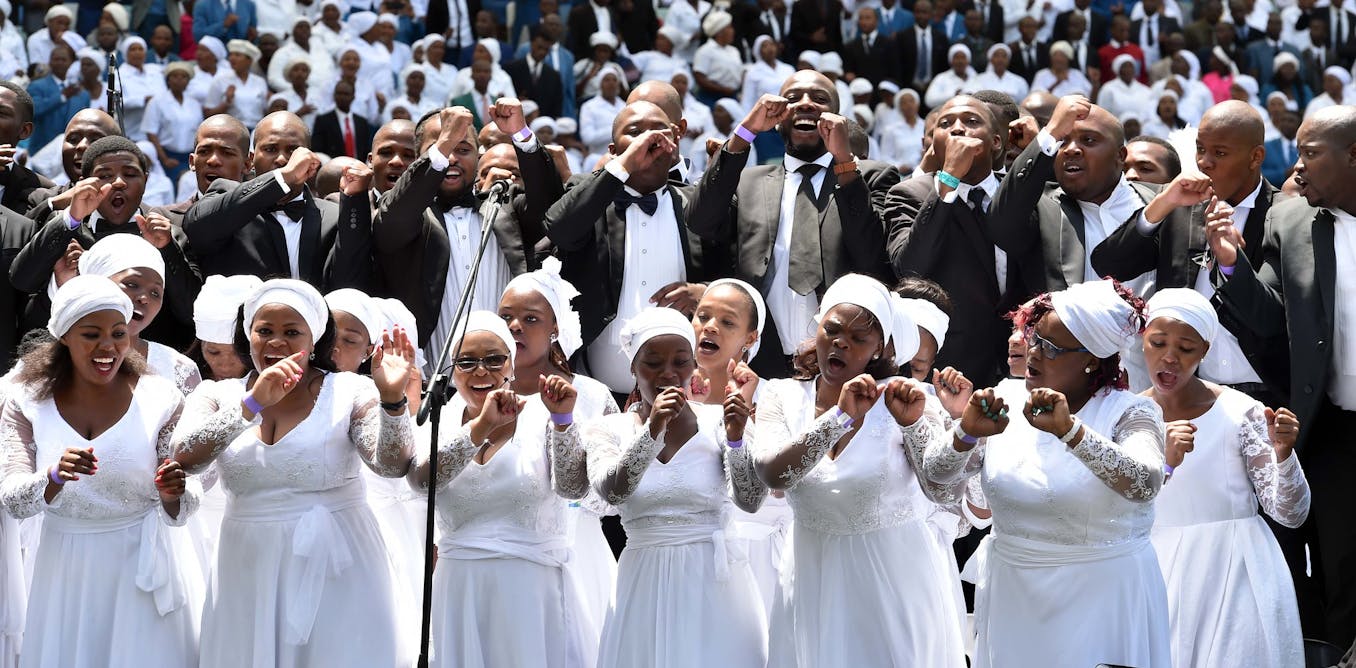
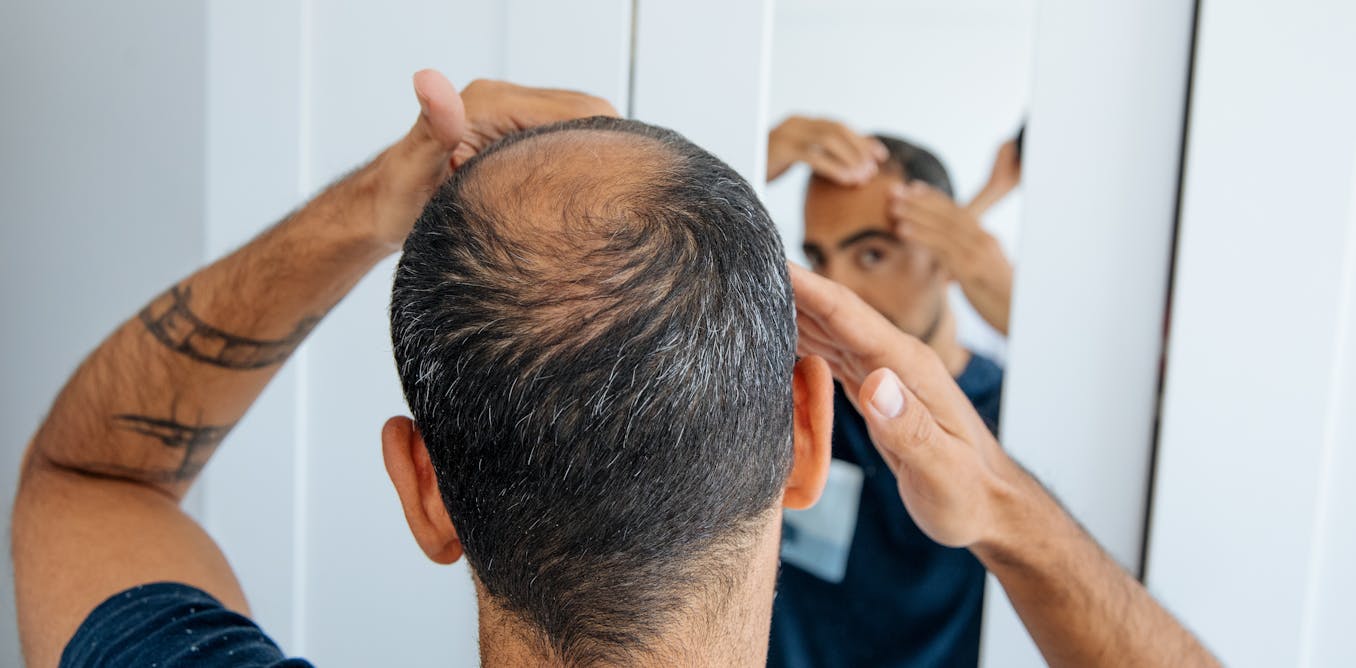
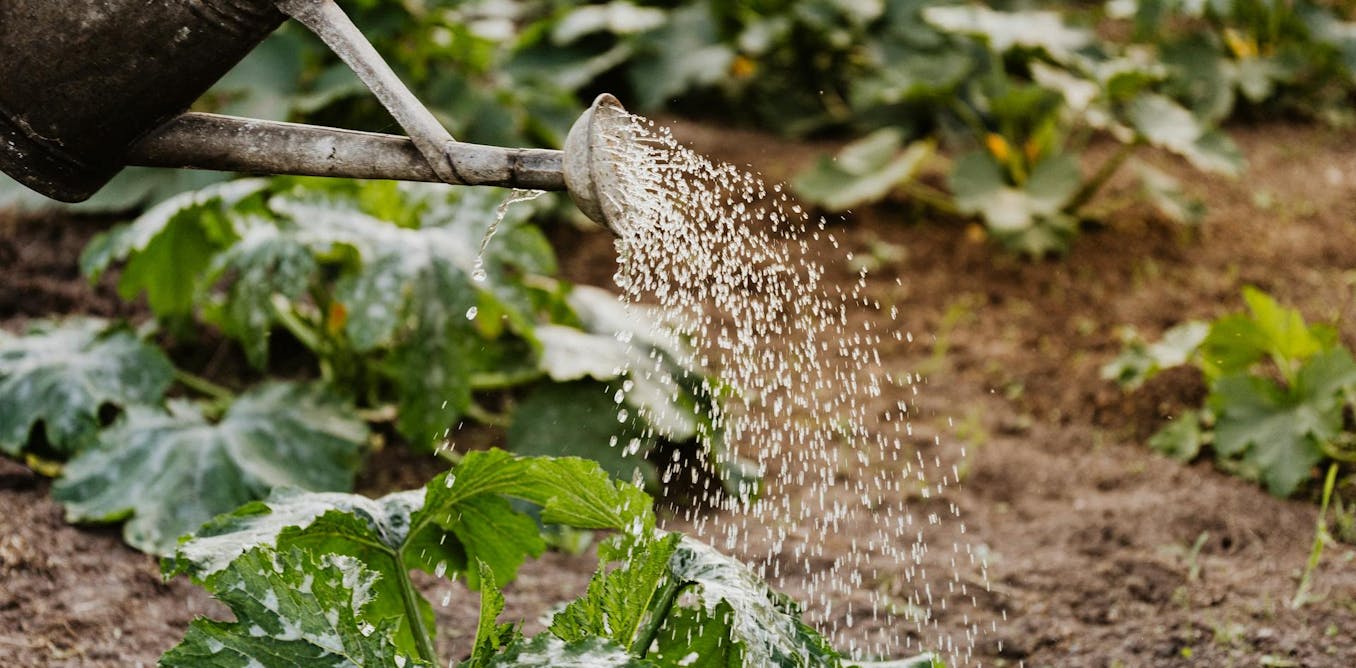
Leave a Reply